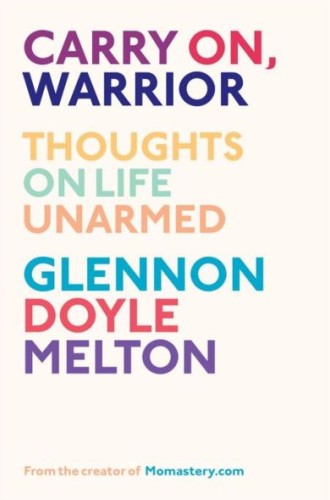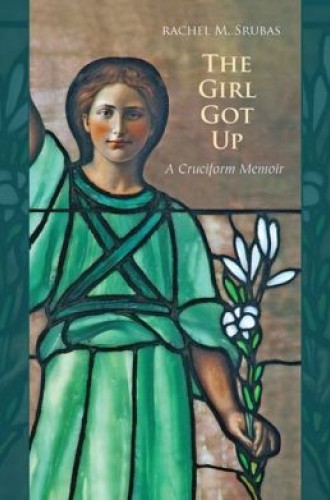Carry On, Warrior and The Girl Got Up
Shortly after Glennon Melton was plucked from obscurity thanks to a series of enormously viral blog posts, Scribner beat out nine other major publishers in the bidding for her first book, Carry On, Warrior. Melton shared the press release on her Momastery blog with her trademark wit: noting the luminaries in the Scribner portfolio, she wrote, “I’ve heard that Hemingway started as a mommy blogger, too.”
In some ways Melton is a typical mommy blogger, plumbing the ordinary crucibles of parenting for material. One of her most popular posts—which, like many others, appears in the book relatively unaltered—takes on the older women who stop mothers of young children in public to remind them that the years pass quickly and to enjoy every moment. One day Melton receives such advice at a department store during a particularly trying moment:
[My daughter] was wearing a bra she had swiped from the cart and sucking a lollipop she undoubtedly found on the ground. She also had three shoplifted clip-on neon feathers found on the ground. She looked exactly like a contestant from Toddlers and Tiaras. A losing contestant.







